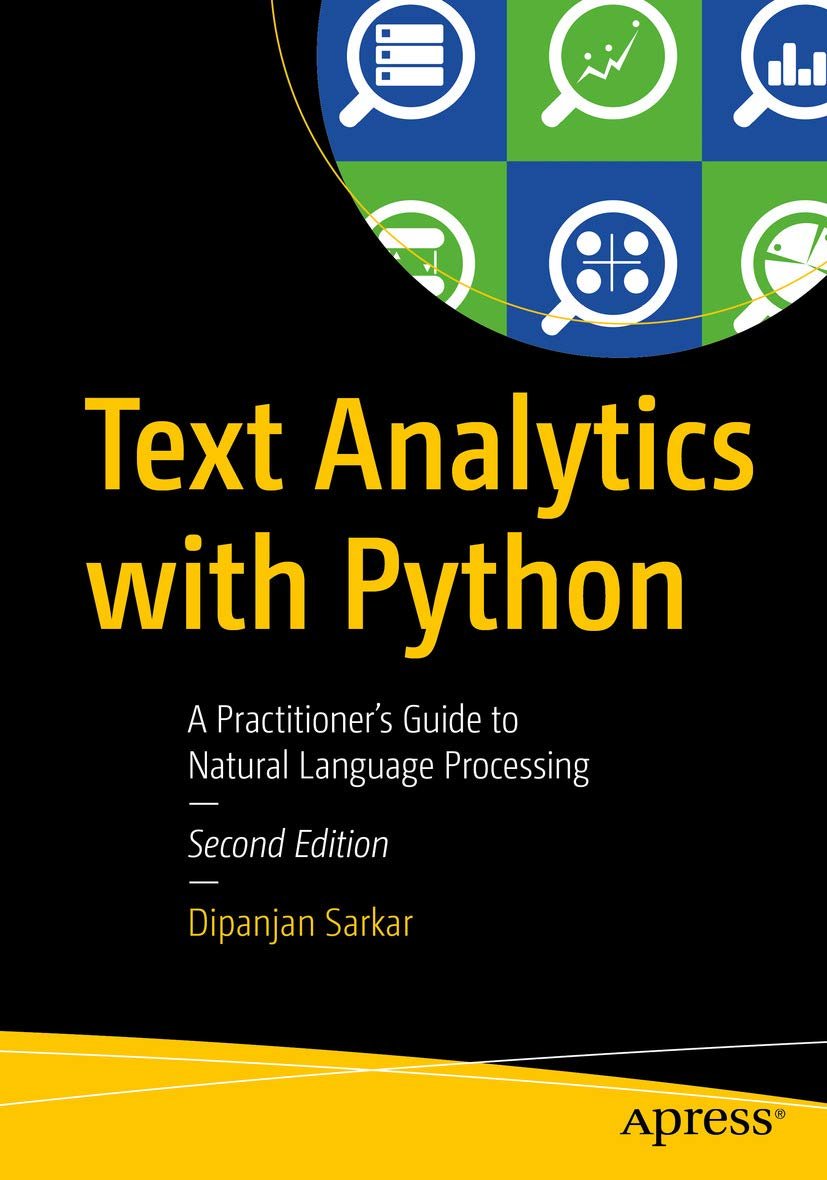
If you are a data-driven company and you are still stucked with R, here are some points to keep in mind for the transition to Python
1. Be focused on outcomes
2. Forget language and focus on the ecosystem
3. Cross-language libraries
4. Real datasets
5. Work Locally
👇
1. Be focused on outcomes
2. Forget language and focus on the ecosystem
3. Cross-language libraries
4. Real datasets
5. Work Locally
👇
1. Be focused on outcomes:
Instead of learning everything about python, be focus on build and train Machine learning models first: Linear Regression, Logistic Regression, KNN, SVM, NN
Check this out
Github: github.com/Wittline/Machi…
Instead of learning everything about python, be focus on build and train Machine learning models first: Linear Regression, Logistic Regression, KNN, SVM, NN
Check this out
Github: github.com/Wittline/Machi…
2. Forget learning the language and focus on the ecosystem: Go right to Numpy, Pandas and Scikit-learn
Medium: medium.com/personal-proje…
Medium: medium.com/personal-proje…
3. Use R libraries that are also used in Python (cross-language libraries): Keras, Plotly are good examples.
Medium: medium.com/@jefflai108/vi…
Medium: medium.com/@jefflai108/vi…
5. Start locally if possible: You must be focused on creating simple code with the previous steps, then you can create container environments using docker and then go to cloud ecosystems like AWS, GCP or Azure
jelvix.com/blog/aws-vs-go…
jelvix.com/blog/aws-vs-go…
Python is a rich ecosystem and very suitable for Prototype models and build scalable model pipelines in PROD.
• • •
Missing some Tweet in this thread? You can try to
force a refresh











